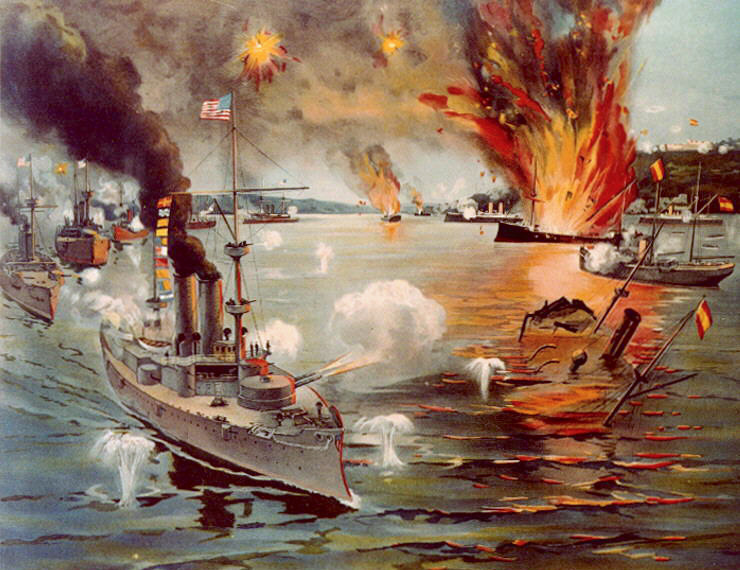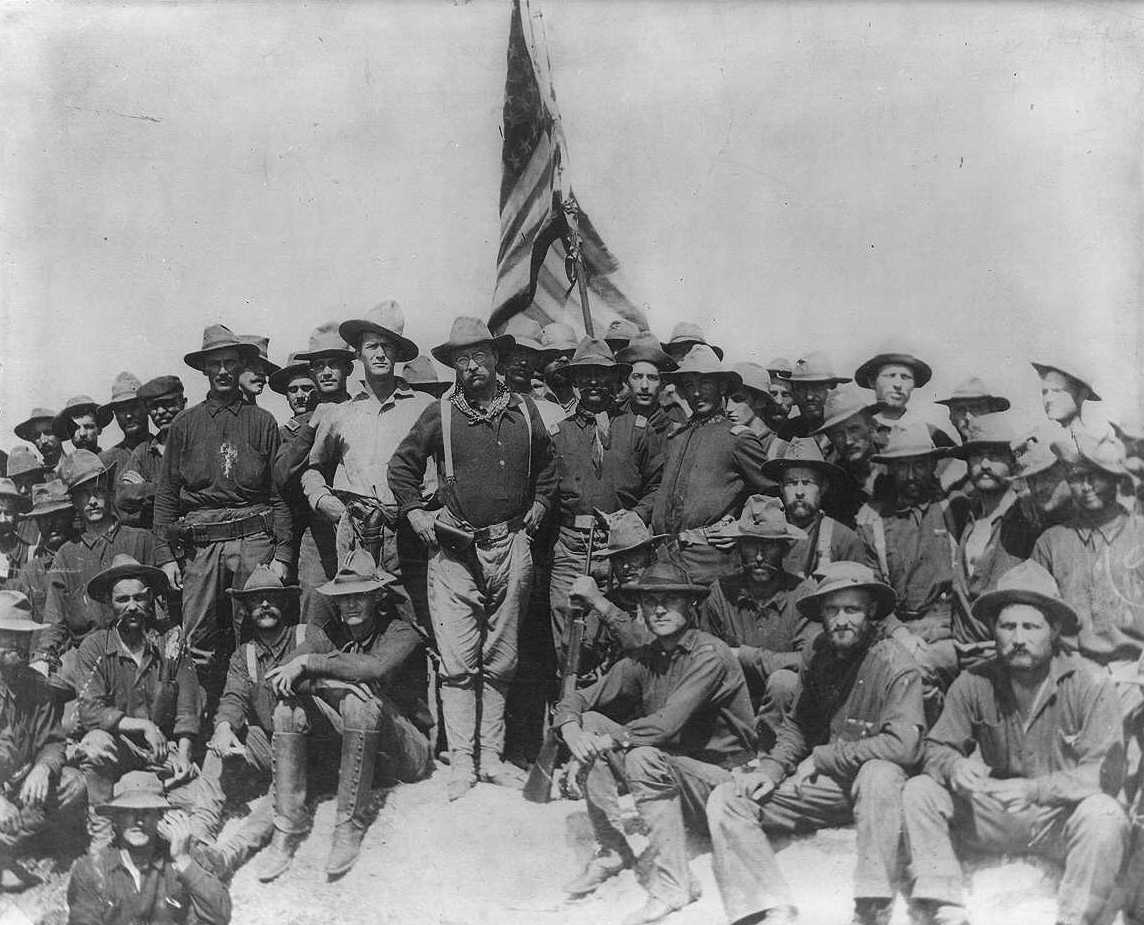dcharles
Banned
I hate to throw cold water on this, but I have a lot of trouble with what I'm interpreting the premise to be: the impeachment of Andrew Johnson ends "white supremacy" as a viable ideology in the American polity.
Andrew Johnson had nothing to do with the primacy of white supremacy. White supremacy was pervasive in the 1800s. It was the paradigm; the received wisdom; a fact considered so basic as to not require any analysis that might back it up. An article of faith, much as the benevolence of democracy in the 2000s is an article of faith. A lot of rank and file Republicans during the period were in fact what we would call arch-segregationists today. While the position of the Democrats was to use black people as a form of labor and deny blacks the fruits of said labor, the position of many Republicans was that they didn't want any black people at all, anywhere in the US.
This, for example, is very anachronistic: "The Civil War not only ended slavery and paved the way for Negro equality..."
The number of white people in the US in 1870-1880 who believed black people and white people were equal was vanishingly small. Just tiny. A total fringe element. To put it into a modern context, think about the amount of people who support the unregulated legalization of heroin. The amount of people who want to legalize polygamy. The amount of people who want to outlaw booze.
This type of thinking from the mouths of people from the 1800s is incongruent. It's like setting a timeline in the European middle ages and having people talking about the class struggle. It just wasn't how they thought back then.
Andrew Johnson had nothing to do with the primacy of white supremacy. White supremacy was pervasive in the 1800s. It was the paradigm; the received wisdom; a fact considered so basic as to not require any analysis that might back it up. An article of faith, much as the benevolence of democracy in the 2000s is an article of faith. A lot of rank and file Republicans during the period were in fact what we would call arch-segregationists today. While the position of the Democrats was to use black people as a form of labor and deny blacks the fruits of said labor, the position of many Republicans was that they didn't want any black people at all, anywhere in the US.
This, for example, is very anachronistic: "The Civil War not only ended slavery and paved the way for Negro equality..."
The number of white people in the US in 1870-1880 who believed black people and white people were equal was vanishingly small. Just tiny. A total fringe element. To put it into a modern context, think about the amount of people who support the unregulated legalization of heroin. The amount of people who want to legalize polygamy. The amount of people who want to outlaw booze.
This type of thinking from the mouths of people from the 1800s is incongruent. It's like setting a timeline in the European middle ages and having people talking about the class struggle. It just wasn't how they thought back then.










